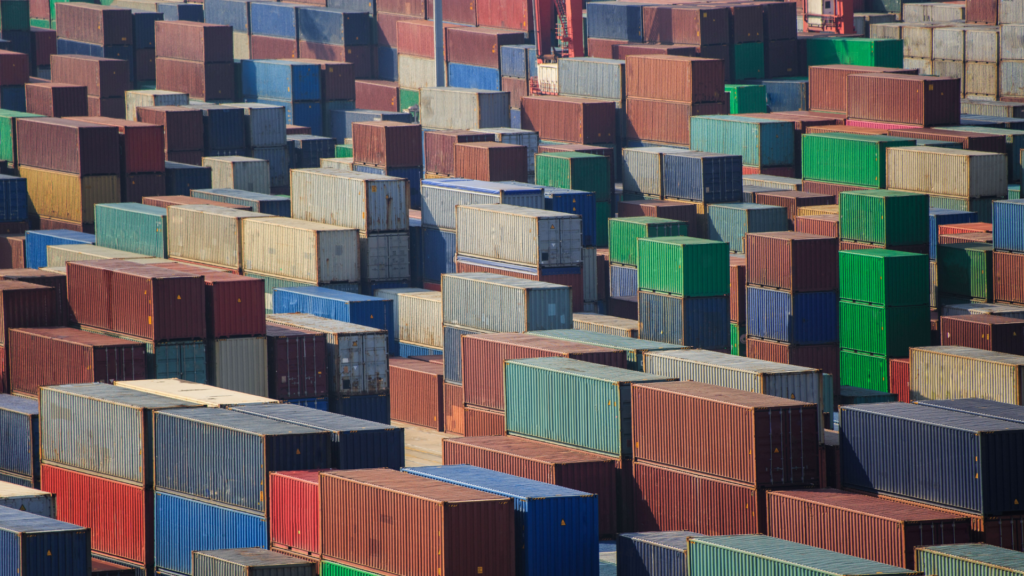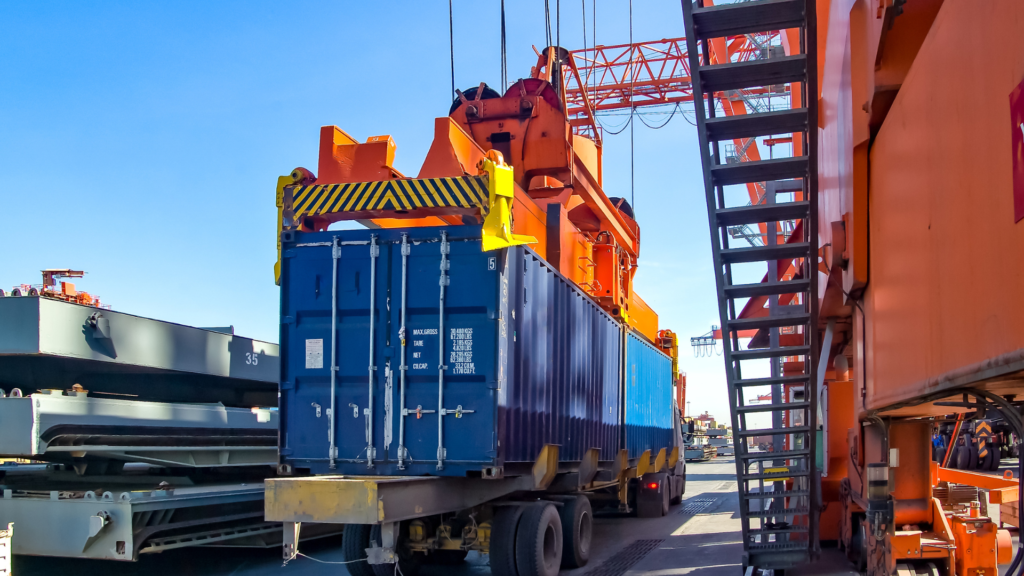China Export Decline and UP Switch to Stacked.
Your weekly All-Ways round-up of supply chain news.
Changes in China
After 3 long and hard years of China’s Covid lockdowns, the export sector which kept their economy is slowing. While business usually picks up post-Lunar New Year, this year saw no uptick. Some attribute this to dwindling demand and geopolitical tensions.
Trucks with no containers on their trailers are parked along the road leading towards the Yantian International Container Terminal stretching about 0.62 miles. Only around 2,000 of the 15,000 registered truck drivers at the port have work.
“These are only a small portion [of all the empty trucks]. The rest had to be parked in Dongguan,” said Huang, a truck driver. Dongguan is one of the biggest container ports for foreign trade that is about an hour's drive from Yantian.
“I feel that this year’s [export] market will be the worst,” he said. “I just heard from many factory bosses saying that their electronic products can’t be exported, as their foreign clients haven’t placed orders, and lots of factories have already moved to Southeast Asia.”
Additionally, container leasing and purchasing prices have plummeted.
Container Yards Closing
While business was booming not too long ago, many container yards are closing down due to a lack of business. In other locations, empty containers are piling up.
“The boxes have accumulated here since the second half of last year. But now they can’t be piled any higher – the stacker crane can reach only seven stories.” Said Xu, another driver.
The volume of empty containers has reached the highest level since Covid’s inception and will soon reach the highest level ever since the port opened 29 years ago.
Terminal Transformed
Union Pacific Railroad is set to transform its terminal outside Chicago from a wheeled operation to a grounded or stacked operation, a move that will affect tens of thousands of containers per month.
With wheeled operations, truck turn times are faster. But when chassis shortages occur, wheeled ramps feel the ramifications more than grounded operations.
In order to prevent a repeat of the supply chain disruptions of 2021 and 2022, most imports coming inland into UP’s Global IV terminal in Juliet from the West Coast will now be stacked. This shifts the responsibility of procuring the chassis for the containers to shippers and truckers.
“We’ve been able to re-think what the pain points were for everybody,” UP’s general director of intermodal, Luke Slawson, said. “We've done a lot of communication with the BCOs [beneficial cargo owners] and ocean carriers. A lot of it was asking, ‘Let's learn from this. What can we do? How can we better serve you?’ This wasn't just a singular effort; we spent a lot of time with people looking back at these last 18 to 24 months.”
Charges Incurred
When things got really bad in 2021 and 2022 at Juliet, UP began stacking some of the containers and charging demurrage fees for containers sitting. Some customers were slammed with fees upwards of $10,000.
Switching to stacked containers altogether will solve a major point of contention caused by the Railroad’s “no cherry picking” policy in the Chicago market. Customers took issue with this policy because even after offering to supply a private chassis, UP refused to remove the container from the stack but then continued to charge demurrage fees.
With more privately owned chassis on the market, the decision to switch to grounded operations makes all the more sense.
The transition, which is set to be complete in April, will put the terminal in a better position to handle the next surge of cargo coming.



